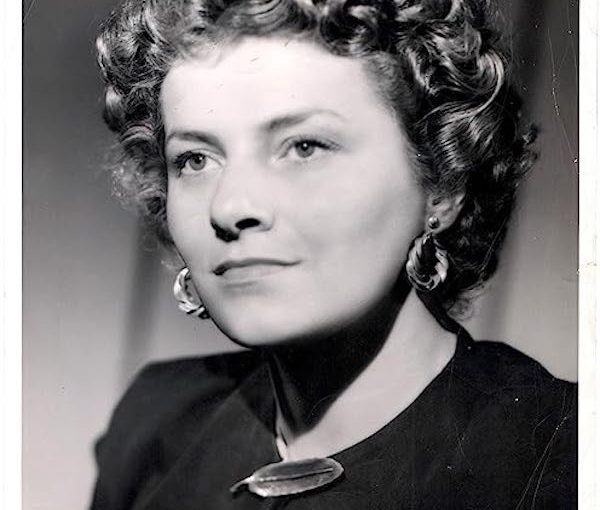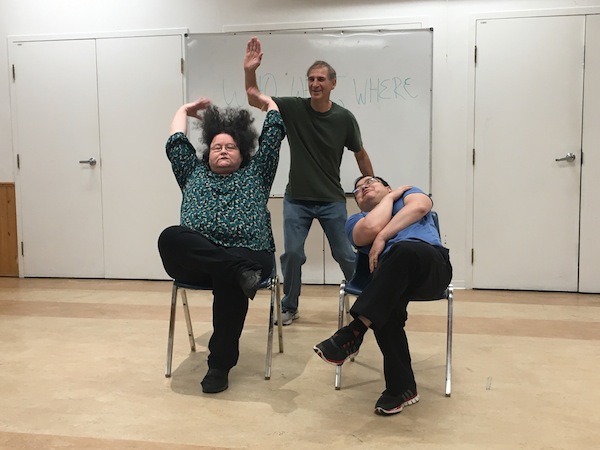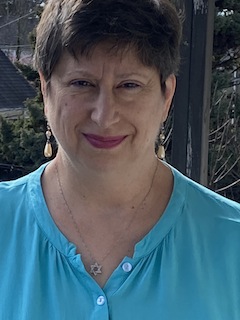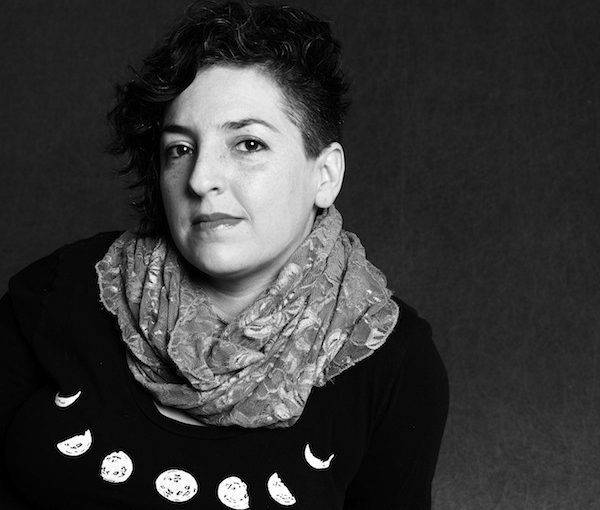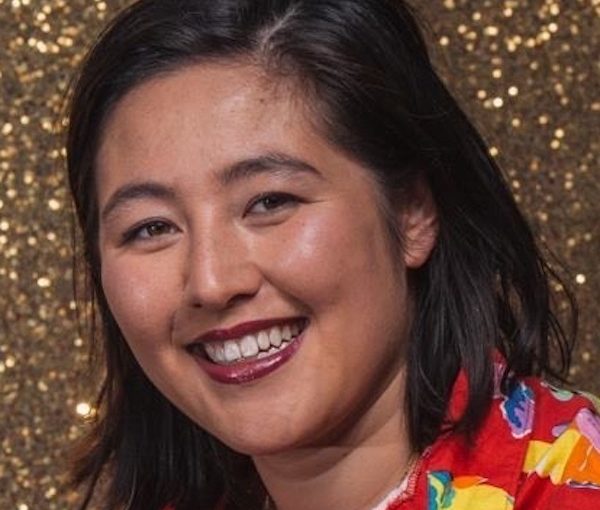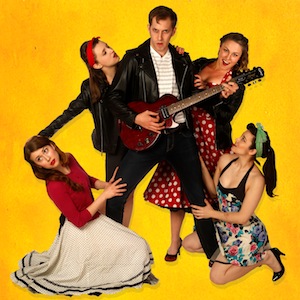Viola Spolin is widely thought to be the mother of modern improvisation. (photo from amazon.ca)
If you thought that improv was only for entertainment, think again. This summer’s applied improvisation conference at Granville Island will showcase some of the world’s best applied improvisation coaches, trainers and facilitators.
The conference will be hosted by the Applied Improvisation Network in partnership with the Improv Centre, formerly Vancouver Theatresports.
Avril Orloff is one of four Jewish community members on the Vancouver conference planning committee. She told the Independent that there will be more than 30 workshops offered, from improv in education and health care to using it to navigate difficult conversations, increase confidence, build community and address humanitarian issues.
“The hard part will be choosing among all the great offers,” she said.
Conference dates are July 27-30, with July 25-26 called “Learning Journeys” before the conference proper, where people can sign up to do a deep dive into particular topics for a half or full day.
“Another highlight is the Open Space sessions on the final day, which is a marketplace of ideas where anyone can offer a workshop on any topic they’re particularly interested in,” said Orloff. “Open Space is a great lab for people who want to test out new ideas, processes and games, or put out an ask to anyone who’s willing to answer.”
Orloff dived into applied improv in 2022 and fell in love with it.
“The weekly classes and open space sessions were a bright spot in my life during the pandemic,” she said. “They expanded my outlook beyond the confines of the immediate moment and made me feel connected during a time of isolation.”
Since then, she has used applied improv techniques more and more in her work as a facilitator, starting with the online “connection cafés” she hosted during the pandemic, and now in person.
Avi Dolgin is another community member on the planning committee. He said they are expecting 200 delegates with a dozen or so who are local but the majority from elsewhere in Canada, as well as from the United States, Europe and Asia.
Dolgin sees improv as a profound way of unlocking human potential. Now retired, he uses improvisation to teach Bibliodrama at Or Shalom.
“In my life, an improvisation mindset encourages me to greater spontaneity, unexpected creativity and a greater willingness to help others in their ideas,” he said.
Carol Ann Fried, an inspirational speaker and consultant who lives in Vancouver, is also on the conference committee. She is presenting an applied improv workshop alongside Sarah Fisk and Matt Weinstein.
“Now that many people – but not all – are meeting again in person, the need to conduct ‘hybrid meetings,’ where some are in person and others are online, has arisen,” she said. “This split format is difficult, in part because it is hard for people to interact with each other. Our session attempts to address this issue with specific structures and activities to engage people in a hybrid setting, that are based in the values of improv, and that can be used in any work context.”
Well-known improviser Colin Mochrie will be one of the keynote speakers at the conference. Mochrie is most famous for appearing in the television show Whose Line Is It Anyway for the last 30 years.
Jewish community member David Diamond is the other keynote speaker. He will be giving a demonstration of Theatre for Living, with three audience members. Based on Augusto Boal’s Theatre of the Oppressed and Diamond’s lifelong interest in physics, Theatre for Living uses improvisation to create scenes that stimulate community dialogue and calls for change, in particular cross-sectoral understanding.
Applied Improvisation Network (AIN) was created in 2002 to bring together professionals with a keen interest in the study, practice and teaching of applied improvisation. Initially, a group of 30 or so improvisers gathered for the first conference in San Diego. Today, AIN is a global community of more than 8,000 participants online and across numerous regional and local groups.
Ed Reggi is AIN’s president and another member of the Jewish community. Reggi, who lives in St. Louis, Mo., told the Independent that there has always been a Jewish presence in the organization, from its founding to the present day.
Reggi said he takes his inspiration from Viola Spolin (1906-1994), who is widely thought to be the mother of modern improvisation. Spolin was the daughter of Jewish immigrants from Ukraine. Spolin’s father, Make Mills, had escaped pogroms in Ukraine to come to the United States. Her grandfather stayed in Ukraine and died at the hands of Stalin’s troops after the Soviets took his farm.
Much of Spolin’s work and success comes from her body of experience around recreational play. She studied under Neva Boyd, who was a sociologist, and documented recreational games, dance and activities that came over from Europe, Reggi said.
“Of course, Viola’s son, Paul Sills, watched his mother developing her Theatre Games and he took them over to the University of Chicago, where he worked with Mike Nichols, Elaine May, Ed Asner, Alan Alda and Avery Schreiber and so many more.”
Sills went on to create the Second City in Chicago, now North America’s oldest improvisation theatre institution, where Saturday Night Live stars Gilda Radner, John Belushi, John Candy, John Belushi, Dan Aykroyd, Eugene Levy and Catherine O’Hara made their debuts.
Reggi is excited about attending the conference here in July.
“I think, because this conference is happening in Vancouver, I expect more Jewish presence. Last year, we were in Ávila, Spain, after two years of being halted by the pandemic. I am thrilled to be coming back together in person again.”
For more information about the conference, go to appliedimprovisationnetwork.org/vancouver-conference-2023.
Cassandra Freeman is a freelance writer living in Vancouver.

